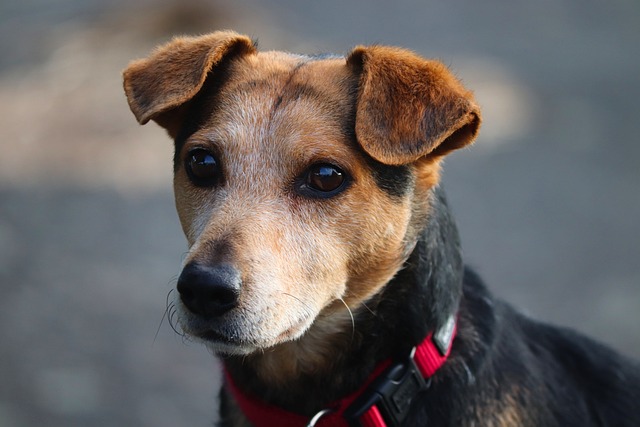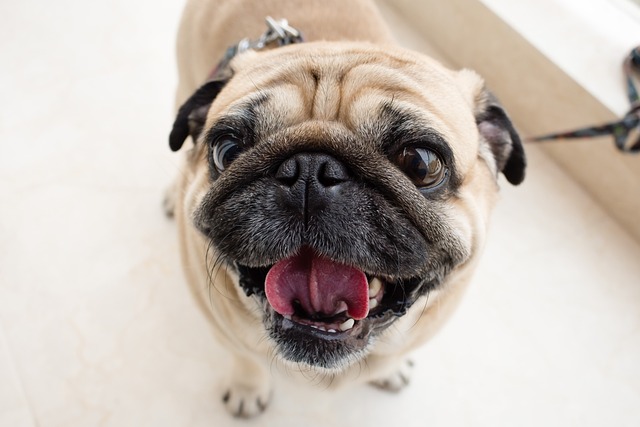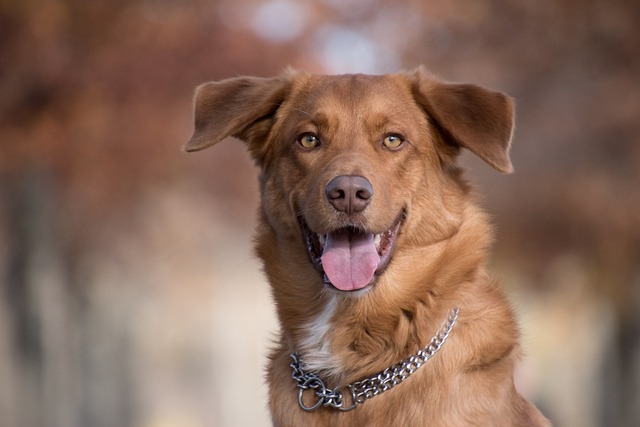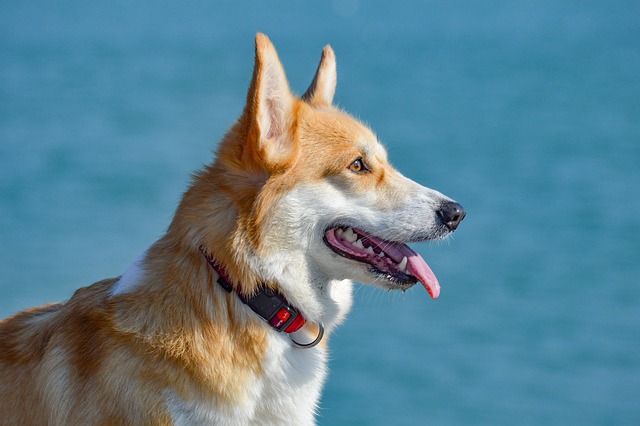
Do dogs with distemper eat?
Watching your dog fight through distemper is one of the hardest things a pet parent can go through. The virus hits them hard, and one of the first things you’ll notice is a change in their eating habits.
Watching your dog struggle with pain—whether from a sprained paw, arthritis, or an upset stomach—hurts almost as much as feeling it yourself. You want to help them feel better fast, but reaching for your own pain meds is a big no. Dogs process drugs differently than humans, and even small amounts of things like ibuprofen or acetaminophen can make them seriously sick. So what can you do to ease their discomfort while you wait to see the vet?
First, focus on comfort. A soft, warm bed in a quiet corner can work wonders for a sore dog. If they’re aching from stiffness, a gentle warm compress (not too hot!) on their joints might help them relax. For swelling, a cold pack wrapped in a towel can reduce inflammation—hold it lightly against the area for 5-10 minutes. Keep them calm and limit movement; running or jumping can make pain worse, especially if they’re hurt. Sometimes, just being near you—sitting close, speaking softly—can ease their stress, which in turn eases their perception of pain.
There are vet-approved pain relievers made just for dogs, but you should never give them without checking first. Medications like carprofen or gabapentin are safe when prescribed, but the dosage depends on their weight and health. Even over-the-counter dog-specific meds need a vet’s okay—what’s right for a 10-pound Chihuahua isn’t right for a 80-pound Lab. Call your vet’s office; they might be able to give you a temporary dose over the phone if you can’t get in right away. It’s better to wait for their guidance than risk a bad reaction.
 Natural remedies can offer mild relief, but they’re not a replacement for professional care. A small amount of CBD oil (made specifically for pets, with no THC) might help with inflammation, but check with your vet first—rules around CBD vary, and it can interact with other meds. Turmeric, mixed into their food in tiny doses, has anti-inflammatory properties, but again, ask your vet before trying it. These options work best for mild, occasional pain, not severe discomfort.
Natural remedies can offer mild relief, but they’re not a replacement for professional care. A small amount of CBD oil (made specifically for pets, with no THC) might help with inflammation, but check with your vet first—rules around CBD vary, and it can interact with other meds. Turmeric, mixed into their food in tiny doses, has anti-inflammatory properties, but again, ask your vet before trying it. These options work best for mild, occasional pain, not severe discomfort.
Knowing when to rush to the vet is key. If your dog is limping badly, can’t stand, has trouble breathing, or is in obvious distress, don’t wait—head in immediately. For less urgent cases, like a mild limp or stiffness, call your vet within a day or two to schedule an exam. They can figure out the cause of the pain and prescribe the right treatment, whether it’s meds, physical therapy, or a change in diet. Trying to guess the issue on your own might let a problem get worse.
In general, your best tool is staying calm and acting quickly. Immediate pain relief for dogs starts with keeping them comfortable, avoiding dangerous human meds, and getting professional advice. Your vet is your partner in keeping them healthy, so don’t hesitate to reach out. With the right care, your dog will be back to wagging their tail, chasing toys, and snuggling up to you in no time—pain-free and happy.

Watching your dog fight through distemper is one of the hardest things a pet parent can go through. The virus hits them hard, and one of the first things you’ll notice is a change in their eating habits.

Watching your dog struggle with health issues is one of the hardest parts of being a pet parent, and when liver failure comes into the picture, panic can set in fast.

When you share your home with a large dog—whether it’s a gentle Great Dane, a playful Labrador, or a loyal German Shepherd—you quickly learn to cherish every moment.

If you’ve ever caught a whiff of your dog’s breath during a snuggle session and winced, you’ve probably considered dental treats as a quick fix. New dog owners

If you've ever seen your energetic pup looking listless, with dry gums and sunken eyes, you might be dealing with a dehydrated dog. For new dog owners in the US

Can I feed my dog homemade dog food every day? It’s a question many new dog owners in the US ponder, especially after watching their pup turn up their nose at kibble.